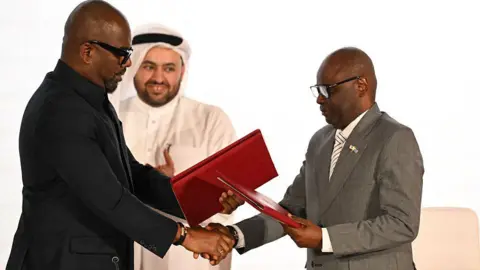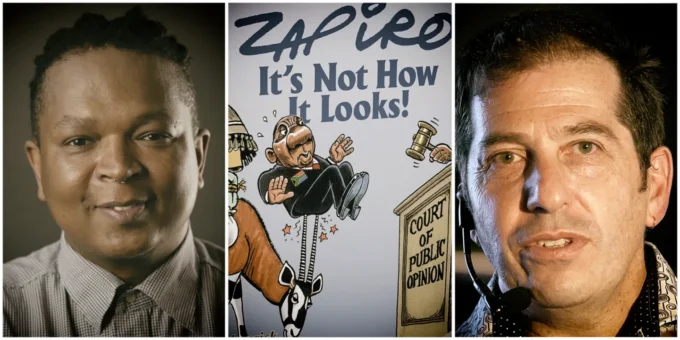Egypt-Hamas relations have taken a sharp downturn following public criticism from a senior Hamas leader, Khalil al-Hayya, amid the ongoing Gaza war and stalled ceasefire negotiations. In a rare public rebuke, Diaa Rashwan, head of Egypt’s State Information Service, confirmed that recent statements made by al-Hayya have seriously strained Cairo’s long-standing mediation role in the Israel-Hamas conflict.
Al-Hayya, speaking from Qatar, accused Egypt of not doing enough to alleviate the worsening humanitarian crisis and hunger in the Gaza Strip remarks Rashwan called a “very serious miscalculation.” Speaking to Egypt’s Al Ghad TV, Rashwan warned that such comments could jeopardize Egypt’s continued cooperation with Hamas, though he stressed that Egypt’s actions are always guided by its national and strategic interests.
The deterioration in relations comes as ceasefire talks in Doha have reached an impasse, and tensions in the region escalate. Hamas recently released new video footage of Israeli hostages held in Gaza, triggering renewed anger across Israel. Meanwhile, Israeli Prime Minister Benjamin Netanyahu is reportedly weighing a full-scale military reoccupation of the Gaza Strip an outcome that Egypt fears could plunge the region into deeper instability.
Rashwan acknowledged that while disagreements between Egypt and Hamas are not new, the timing and tone of al-Hayya’s comments were especially damaging. Still, he hinted at some diplomatic progress, noting that months of pressure had prompted subtle shifts in Hamas’s negotiation posture.
He also emphasized Egypt’s unwavering position that the governance of Gaza must be determined by Palestinians themselves. Whether through the Palestinian Authority or a local representative body, Rashwan said, Egypt is open to any peaceful political resolution that ensures the strip is not governed under military occupation, starvation, or continued bloodshed.
Egypt has played a central role as a mediator in Israeli-Palestinian conflicts for decades, including facilitating previous ceasefires and prisoner swaps. However, as the war in Gaza drags on, with more than 30,000 reported Palestinian casualties and severe infrastructure collapse, regional diplomacy is facing unprecedented stress.
Rashwan added that Egyptian intelligence continues to work behind the scenes with international partners including the United States and Qatar, to push for a truce, but warned that the window for diplomacy is narrowing as pressure mounts on all sides.
Amid growing frustration in Israel, recent polling shows that approximately 72% of the Israeli public wants the conflict to end. Yet, Israeli leadership continues to maintain its military posture in Gaza, arguing that Hamas must be dismantled to ensure long-term security.
Egypt’s latest statements signal a critical turning point in its approach, as Cairo balances its historical support for Palestinian self-determination with a growing concern over instability on its borders and the credibility of its regional influence.














Leave a comment